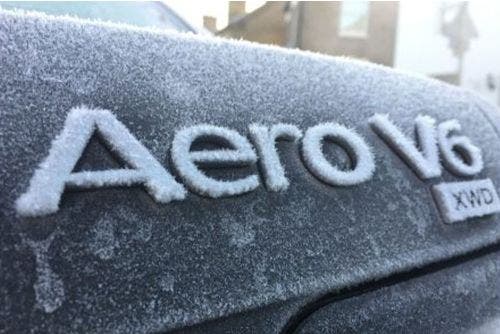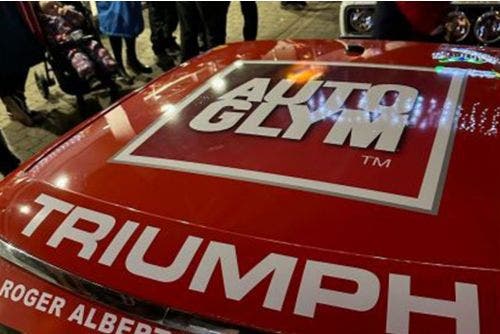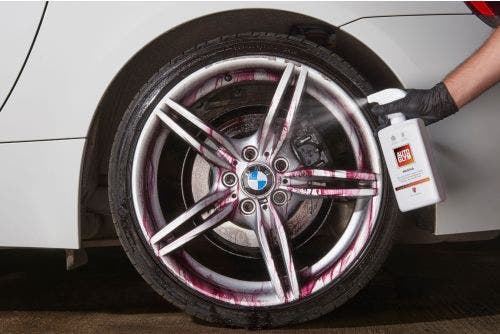Master Machine Polishing with our new course
We've launched a new Machine Polishing Course, and you can come on it (yes, you!) Not only will you learn to machine polish, you'll also get to visit Autoglym HQ too #winning
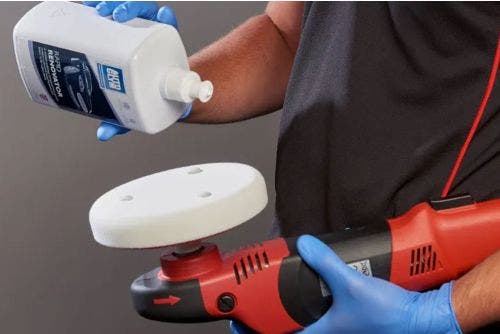
We've launched a new Machine Polishing Course, and you can come on it (yes, you!) Not only will you learn to machine polish, you'll also get to visit Autoglym HQ too #winning
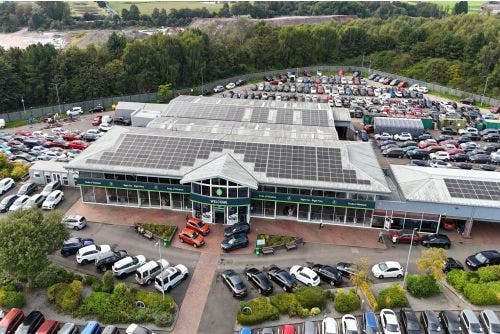
Fords of Winsford is one of the UK’s most respected car supermarkets, retailing thousands of quality used cars via two sites in Winsford, Cheshire and Trafford, Manchester. The stock mix is very diverse, representing all mainstream brands, and with ages ranging from six months to six years old.
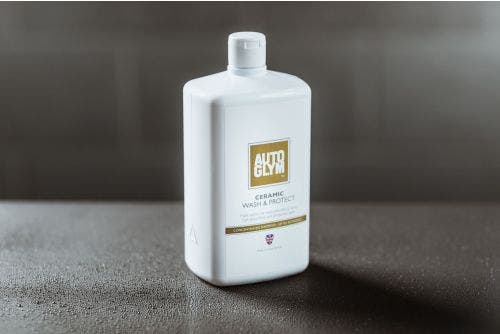
Autoglym, the UK’s largest vehicle care brand, has launched Ceramic Wash & Protect, an all-new, easy-to-use triple-action ceramic car shampoo that delivers a deep clean...
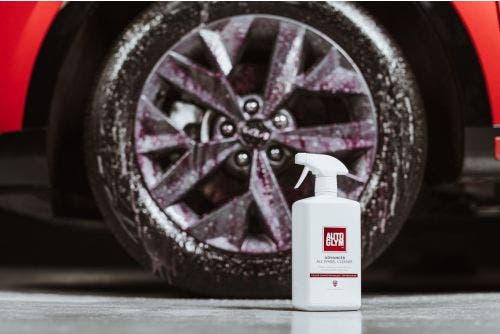
Autoglym, the UK’s largest vehicle care brand, has launched the all-new Advanced All Wheel Cleaner, a colour-changing wheel cleaning product, which utilises powerful...
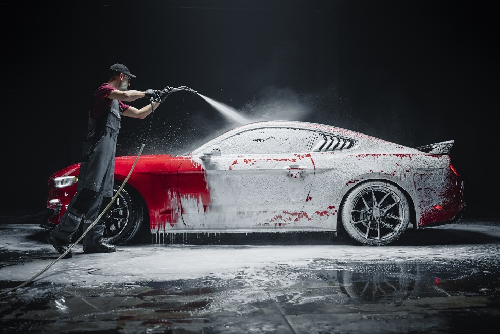
If you've been tempted to go large and make the move to the 5L range, here are six super choices that we think you'll love.
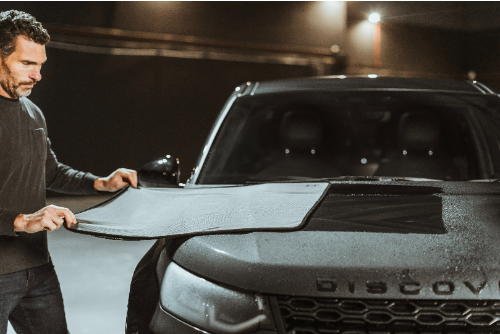
Autoglym, the UK’s largest vehicle care brand, has launched three new accessories that have been designed to make it much easier to clean, enhance and protect interior and exterior surfaces. All have been engineered to work...
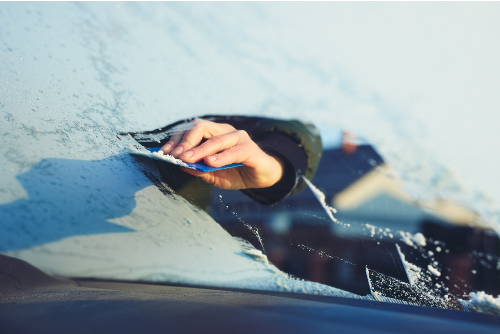
Almost half of all UK motorists admit to not fully clearing their windscreen of snow and ice before driving off during winter months, according to a new nationwide survey commissioned by Autoglym, the UK’s largest vehicle care brand.

